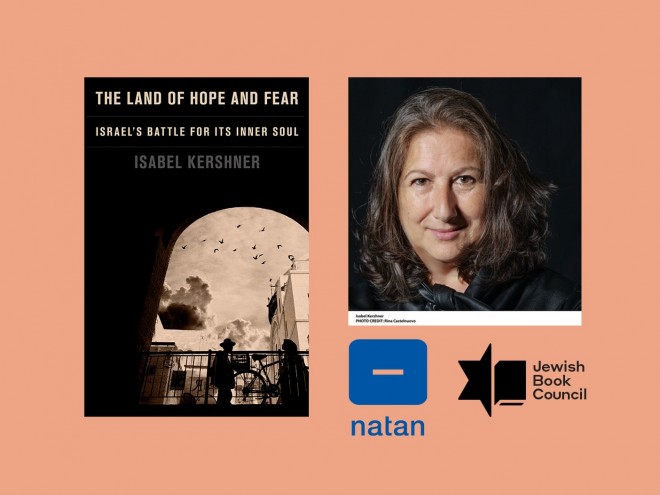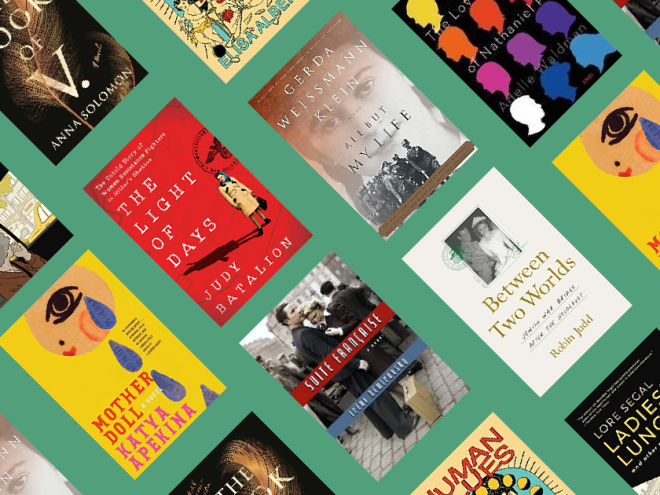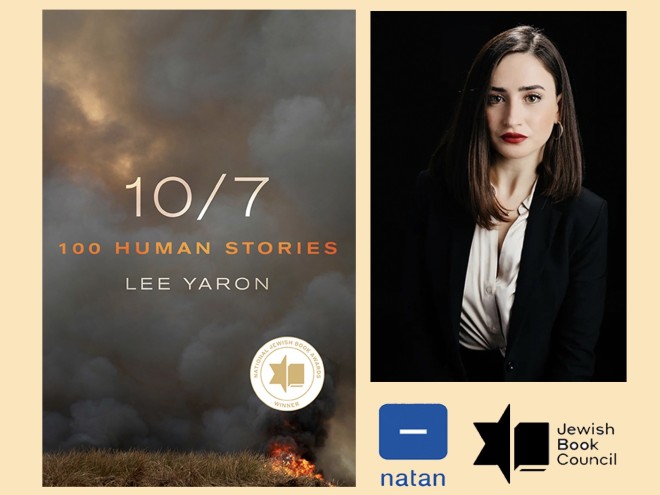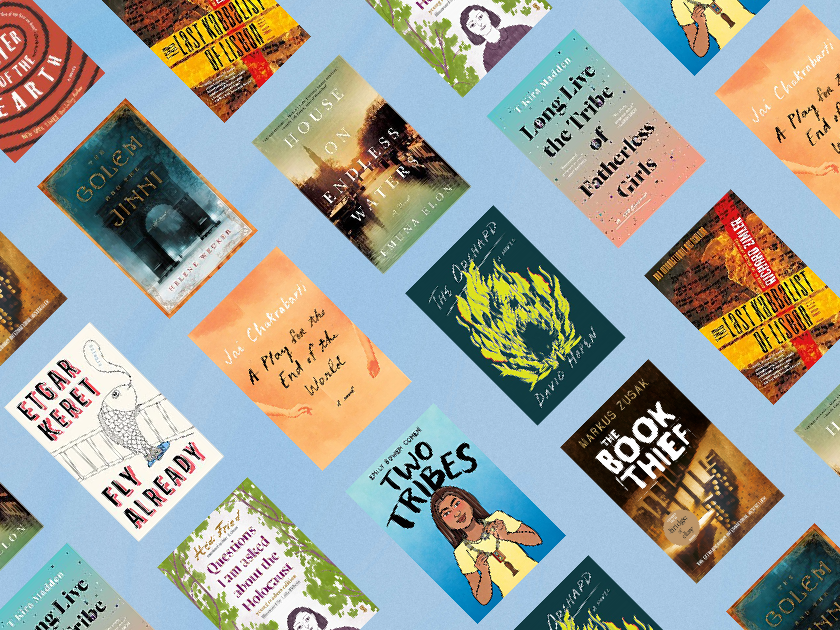
This year marks the 98th celebration of Jewish Book Month! The JBC team has some reading recommendations for this special month. From gripping fiction to powerful memoirs and more, these twelve tales will keep you booked. (And if you’d like even more reading suggestions, we invite you to peruse our book review section.)
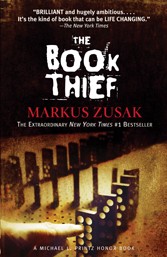
The Book Thief by Markus Zusak
The Book Thief is a modern classic — heartbreaking, pure, human. Though it is set during the horrors of World War II, it is about kindness, love, and death. This book follows a German girl, Liesel, as she adjusts to life with a new family. She makes friends with a blonde boy who loves to run, the wife of a German officer, and a young Jewish man who hides in the basement. She learns how to read and write, relishing in books during a time when words are stifled.
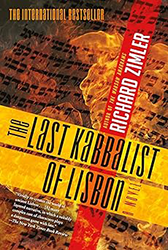
The Last Kabbalist in Lisbon by Richard Zimler
This book is all too poignant in this time of heartache, violence, and division. It tells the story of kabbalists who are forced to hide their religion during the Inquisition of Spain and Portugal. Our protagonist Berekiah searches for his Uncle’s killer amidst the pogroms unfolding in the streets — he meets many characters along the way of all faiths and backgrounds. Framed like a murder-mystery, this tale is engrossing, thought-provoking, and beautifully written, though there are some sections containing graphic depictions of violence.
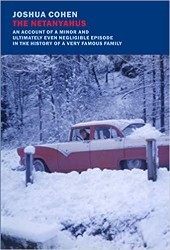
The Netanyahus by Joshua Cohen
The Netanyahus by Joshua Cohen was awarded the 2022 Pulitzer Prize for Fiction as well as the 71st National Jewish Book Award for Fiction. Narrated by the sole Jewish professor at a New York State college in 1960, this satirical novel descends into chaos when Ben-Zion Netanyahu arrives for a job interview, his boisterous family in tow. Cohen has the rare ability to both deliver fiction that reads like nonfiction — and do it successfully — and also lead with an all-hits-no-skips level of humor.
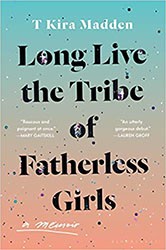
Long Live the Tribe of Fatherless Girls: A Memoir by T Kira Madden
In this vivid memoir, Madden explores her family ties, her upbringing in a staggeringly wealthy Boca Raton, and her coming of age as a queer, biracial girl. Madden is a dazzling writer, attuned to life and language in ways both insightful and surprising.
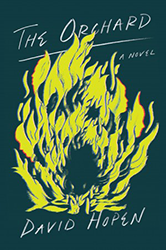
The Orchard by David Hopen
The Orchard by David Hopen is a brilliant coming-of-age story that explores the relationships adolescents have with religion, identity, and morality. What makes Hopen’s novel unique is not the boundaries he pushes but the backdrop of his story. Hopen’s novel takes place at a Jewish day school, and it was the first time I read a book that accurately describes the student-to-student and student-teacher relationships I had while growing up at a Jewish day school. The Orchard is dark, philosophical, and I enjoyed how central Judaism is to the book.
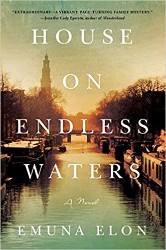
House on Endless Waters by Emuna Elon, translated by Anthony Berris and Linda Yechiel
In this beautiful story, Elon writes about post-Holocaust trauma and how family relationships are impacted by this trauma through her protagonist, Yoel Blum. Elon alternates between past and present and takes her readers on an emotional journey as Blum learns about his childhood and comes to terms with his past.
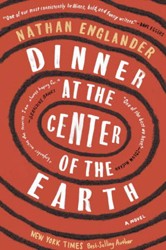
Dinner at the Center of the Earth by Nathan Englander
Englander writes about the conflict from multiple points of views and gives insight into various perspectives on Israeli-Palestinian relationships. While also being political, this story is filled with adventure. Englander writes about romance between a Palestinian and an Israeli negotiator, he writes about spies, espionage, and family secrets. It is a story that can be read multiple times and will still keep you captivated on your third reread.
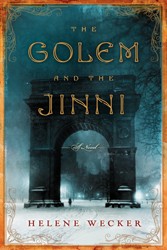
The Golem and the Jinni by Helene Wecker
This Jewish Book Month, I recommend reading The Golem and the Jinni by Helene Wecker and/or The Last Watchman of Old Cairo by Michael David Lucas. Both are sweeping, immensely readable novels that will draw you into the past while depicting cross-cultural relationships that are deeply resonant today.
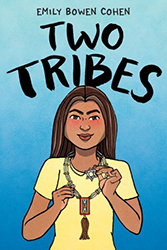
Two Tribes by Emily Bowen Cohen
We have featured Emily Bowen Cohen’s comics in the past, so I was thrilled when her YA graphic novel, Two Tribes, came out this summer. This charmingly drawn, empathy-filled comic definitely did not disappoint. Like much of Cohen’s work, it explores the complexities of being both Jewish and Native American — in this case, through a young protagonist who is beginning to navigate these identities in addition to changes in her family life and school.
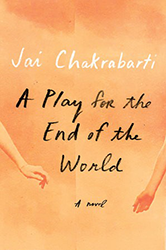
A Play for the End of the World by Jai Chakrabarti
This beautiful story won the 71st National Jewish Book Award for Debut Fiction. It is a moving novel touching on themes of memory and friendship, and lives changed forever by the two.
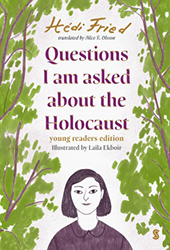
Questions I Am Asked About the Holocaust: A Young Readers Edition by Hédi Fried
This is a precise and beautiful book for middle school readers. It is Hédi and her sister’s account of the daily horrors of the concentration camp and being forced into hard labor until the end of the war. It is written in short chapters that answer questions that Hédi was asked all around the world in terms that young students can understand.
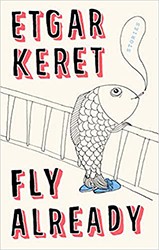
Fly Already by Etgar Keret
Etgar Keret’s most recent collection of short stories reflects the steady deepening of his inimitable voice: heartbreaking, insightful, and hilarious. His abiding love for the human race despite our sometimes tragic flaws makes me believe he must have been born with a wise old soul. (For a quick example of Keret’s sensibility, read his essay Ten Rules for Writers.)

